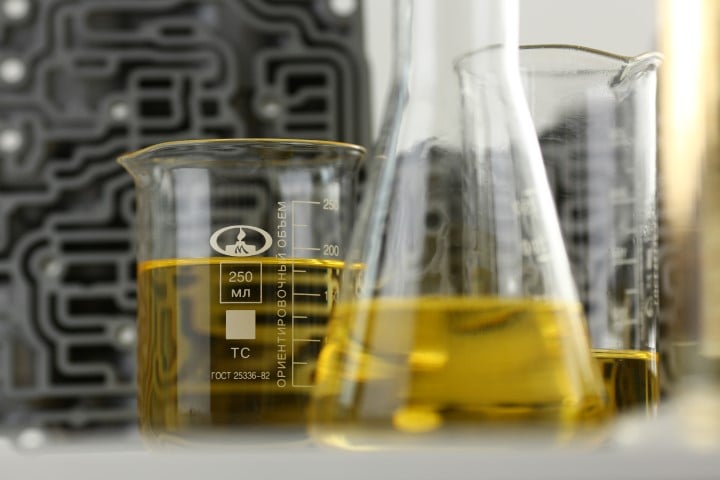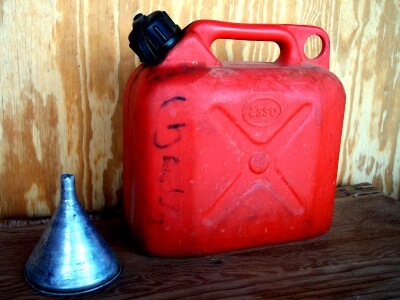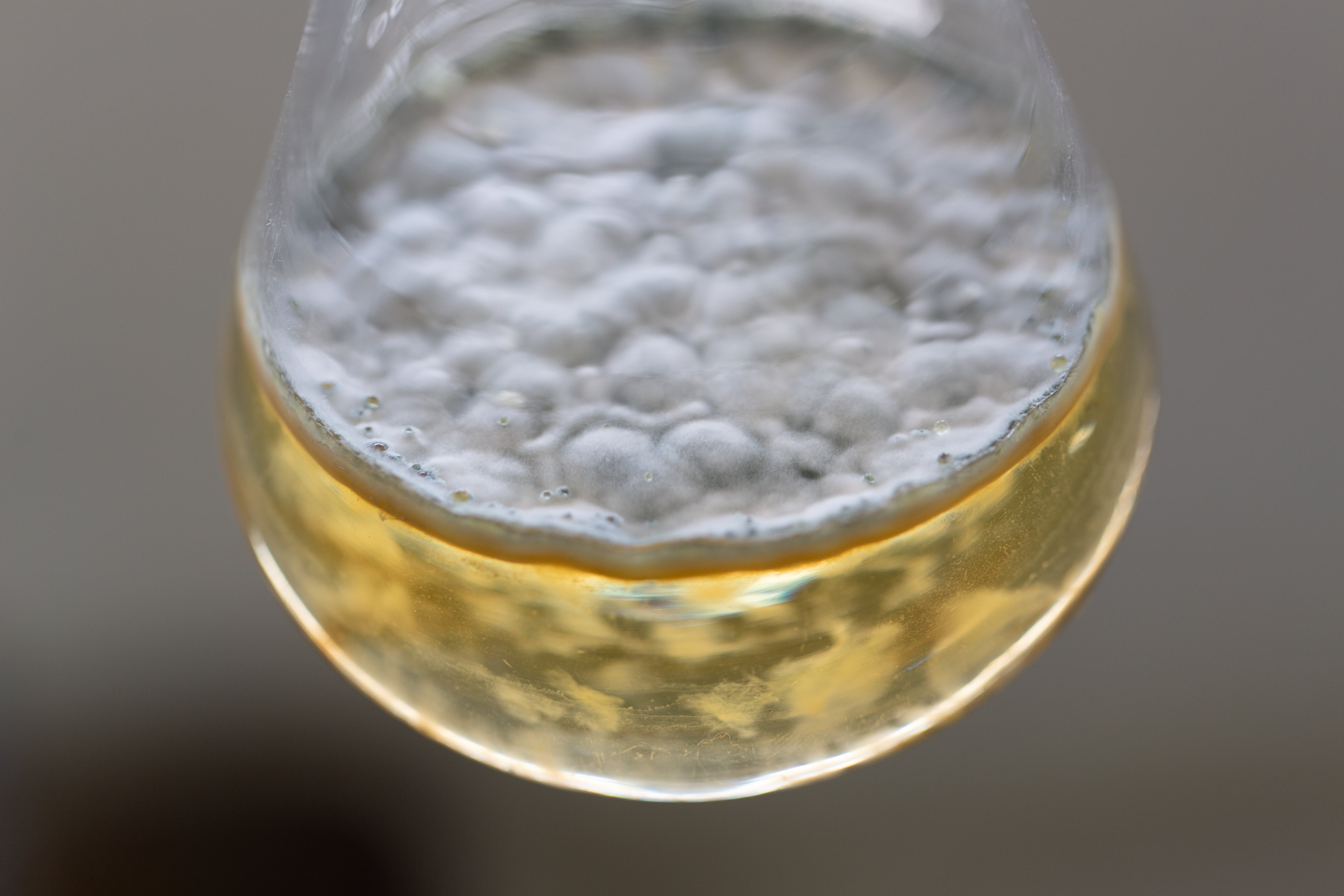Fuel stabilizer for boats: Why do I need one?
We had a call the other day from a marine enthusiast who was concerned about the fuel in his boat and wanted to discuss whether he needed to use a...

Depending on what you mean, sure it can. But do we really know what we mean when we ask the question?
Diesel fuel used to have a long shelf life – U.S. Army regulations from the 50s and 60s talked about getting multiple years of life out of stored diesel. Now, you’ll probably get less than a year if the fuel isn't treated in some manner.
Diesel fuel goes bad when it is exposed to something in the environment that accelerates the natural processes which attack its quality. All petroleum fuel, whether gasoline or diesel, is made of a mix of molecules of different sizes and lengths. Fuel starts with a number of molecules that are unstable – the "precursors". Over time, these precursors look to react with other molecules and start chain reactions that, given enough time, cause the fuel to form gums, varnish, and sludge, and become dark and stratified. This end result is what we think of as “fuel gone bad”.
We talked about it "going bad" because it no longer does what we want it to do, as well as it should. Fuel that's darkened and full of sludge or varnish won't burn properly, it makes black smoke, and may not even start an engine at all if it is bad enough.
In years past, this was a slow process, which is why you could get years of good life out of the fuel. Today, it’s still a slow process but it’s much faster than it used to be. Usable life for diesel is now measured in months instead of years.
We said that fuel goes bad when it’s exposed to things in the environment that accelerate these processes. Exposure to air, water and heat + light are three big environmental factors. Heat and light make a fuel go back more quickly by providing energy to drive the chemical reactions that break it down.
Another big factor that’s more common in today’s fuel is microbial growth. With modern diesel fuels not having the higher sulfur levels they used to have, there’s nothing left to prevent microbes from growing in the fuel. Microbes can make diesel fuel go bad pretty quickly by multiplying in the fuel, creating biomass formations, and producing acids that attack diesel fuel and break it down.
Does diesel fuel go bad? You bet it does, depending on how you handle it.

We had a call the other day from a marine enthusiast who was concerned about the fuel in his boat and wanted to discuss whether he needed to use a...

At their cores, fuel stability and fuel stabilizers are much more about science than anything else. If we want to know more about what they are and...

Gasoline and diesel fuels from the refinery are fairly pure mixtures that are designed to work well in today's modern engines. Sometimes certain...